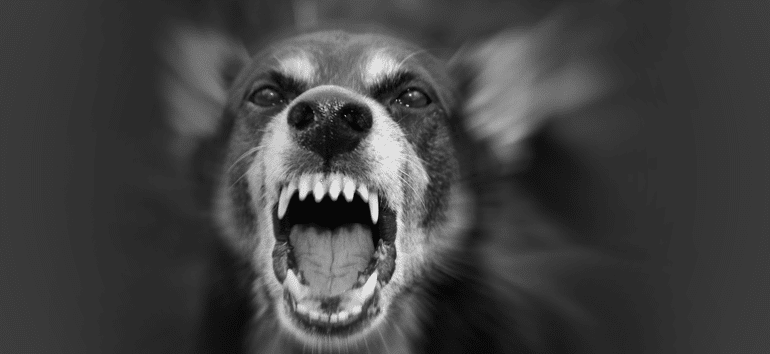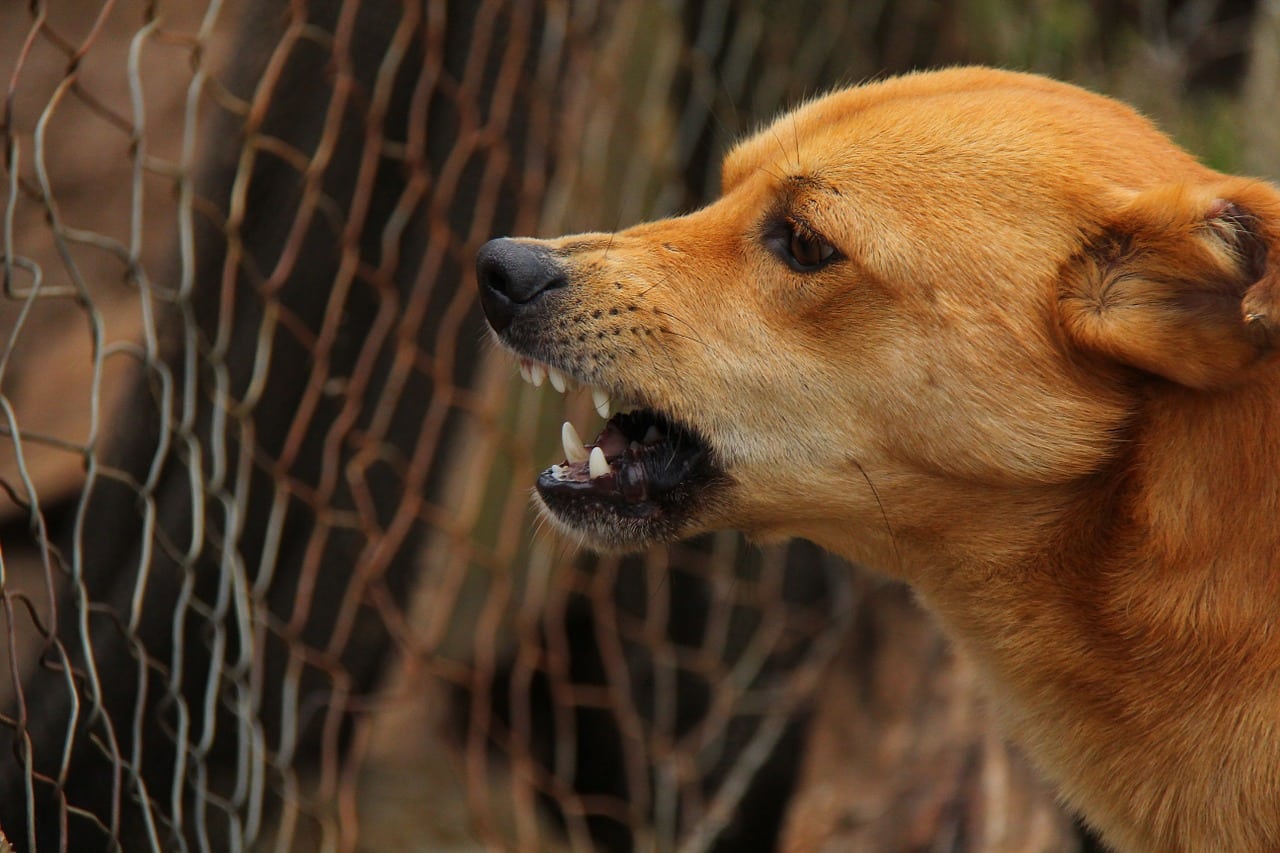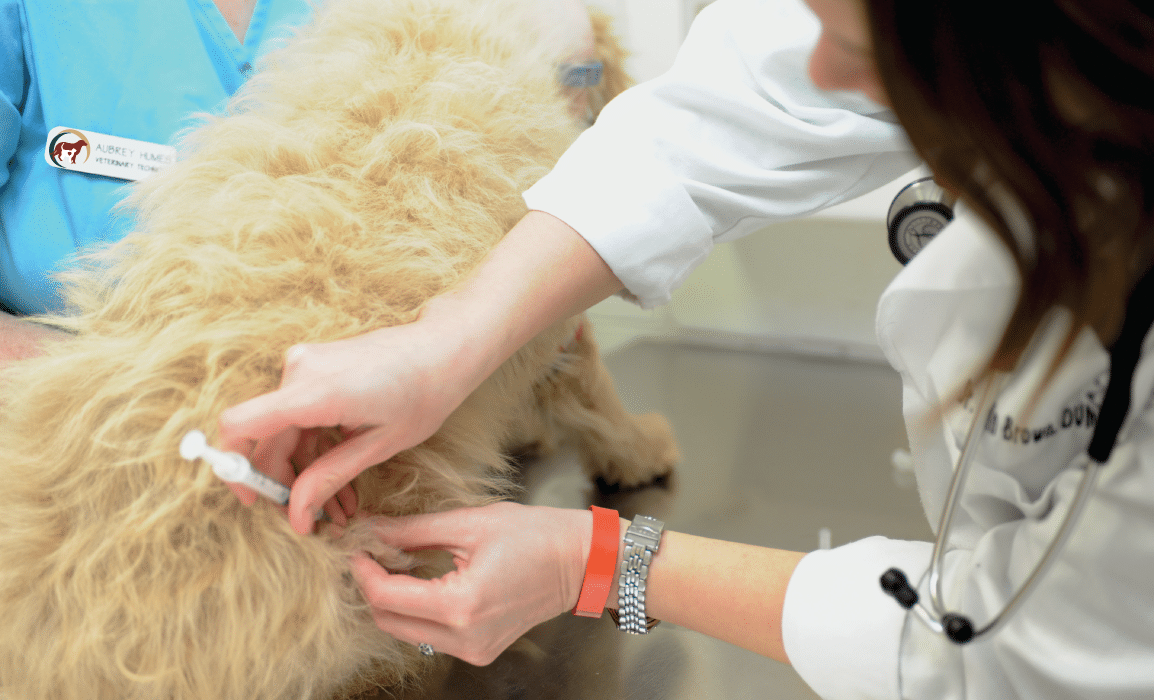Vaccines for children and their possible long- and short-term side effects are a hot topic among parents. Did you know this conversation is also popular among the veterinary community and pet parents?
One specific vaccine that has been called into question is the rabies vaccine. Pet owners are hearing it may cause ‘‘rabies miasm’’ which is unwarranted aggression, among an array of other symptoms.
Related: Canine Vaccinations You Need to Know About: Core Edition
A miasm is when the body, mind, or emotions of an individual manifest signs of the disease without actually having the disease. This means that after receiving the rabies vaccine, your pet would show symptoms of actually having rabies, but would not test positive for the disease.
Many people believe this to be a true disease that their dog may have contracted from the rabies vaccine. The problem with rabies miasm is the significant lack of scientific research to back those claims.
There are thousands of dog bites every year, and the overwhelming majority of them do not follow the federally mandated rabies vaccination protocols. Using rabies miasm as a loosely related reason that your dog may have aggression is likely a scare tactic in order to sell a homeopathic product.
Holistic medicine can be a wonderful and effective means of treatment in many cases, but not vaccinating your dog is dangerous both to the well-being of your pet and anyone who may come in contact with the animal. Additionally, the vaccine is required every three years in each state, with varying county and city laws.
Rabies is a deadly disease which has caused suffering and death for humans and animals alike for thousands of years. However, the rabies vaccination has virtually eliminated this problem for dogs in developed countries, and for the people those dogs could kill if they were infected with rabies.
Most importantly, in the decades over which this has been accomplished, there has been no reliable scientific evidence to suggest that the vaccine causes rabies miasm.
Related: Immunization and Your Pet: A Look at Why to Vaccinate
Many people may feel strongly towards one side or the other of this debate. We are here to recommend to our patients what we have been taught and what is backed by years of scientific research. It is highly recommended by Grand Valley Animal Hospital and required by law to vaccinate your pet for rabies every two to three years.
If you would like to discuss the safety and effectiveness of the rabies vaccine, or are concerned about your pets’ vaccinations, we would be happy to talk with you at your next appointment. Give us a call today at 701.757.3500.





